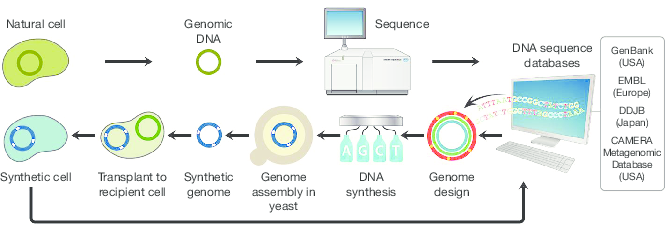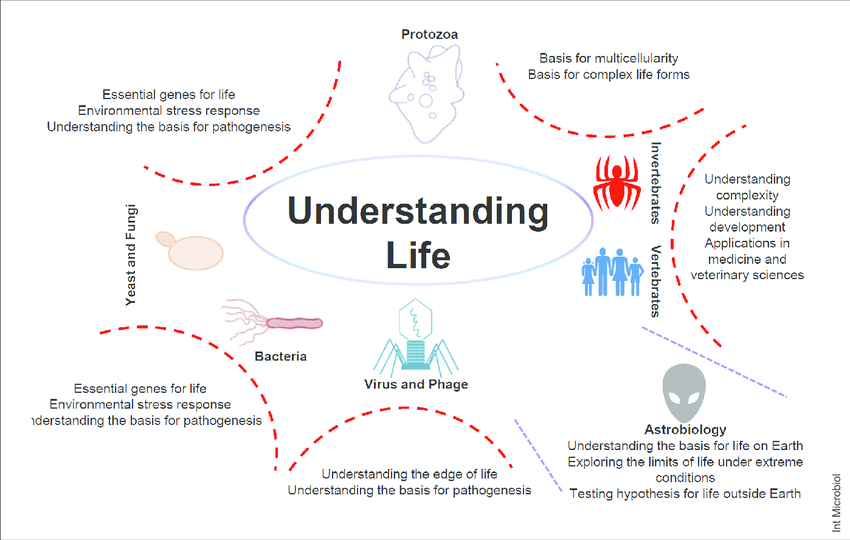Synthetic biology (SynBio) is a rapidly developing field that combines biology and engineering principles. Scientists use SynBio to design and construct novel biological systems with specific functions. In essence, SynBio allows researchers to manipulate life at the molecular level. This blog post explores the core tools and applications of SynBio, highlighting its potential for the future.
Deconstructing the Toolkit: Techniques of SynBio
SynBio relies on a collection of well-established techniques for manipulating genetic information. These techniques include:
- DNA synthesis: This technique allows scientists to create entirely new genes or modify existing ones in the laboratory. Commercially available high-fidelity DNA constructs, offered by companies like Maxanim, can expedite research in this area.
- Genetic engineering: This approach utilizes enzymes like restriction enzymes and ligases to precisely cut and paste DNA sequences. This enables researchers to insert or remove specific genes from an organism's genome.
- Standardized biological parts (BioBricks): These are well-defined DNA sequences with known functions. Similar to building blocks, BioBricks can be assembled in various combinations to create complex biological circuits within a cell.
Building the Future: Applications of SynBio
The applications of SynBio are extensive and constantly evolving. Here are some key areas where SynBio is making significant contributions:
- Bioremediation: Scientists can engineer microbes to break down pollutants or capture greenhouse gasses, offering solutions for environmental cleanup.
- Biomanufacturing: SynBio enables the production of valuable biomaterials through engineered organisms. These biomaterials can include biofuels, pharmaceuticals, and even complex materials like spider silk.
- Medicine: SynBio holds promise for the development of novel medical treatments, such as personalized medicine and the production of complex biomolecules for targeted therapies.
Ethical Considerations and the Future of SynBio
The immense potential of SynBio is accompanied by ethical considerations. Researchers need to be mindful of potential unintended consequences and biosecurity risks associated with this technology. Open discussions and responsible research practices are crucial for ensuring the safe and ethical development of SynBio.
Looking ahead, SynBio has the potential to revolutionize various fields, from medicine and agriculture to clean energy production. Continued research and responsible development are essential for harnessing the full potential of SynBio and creating a more sustainable and healthy future.
Explore ethical considerations and the future of synthetic biology in this video.

